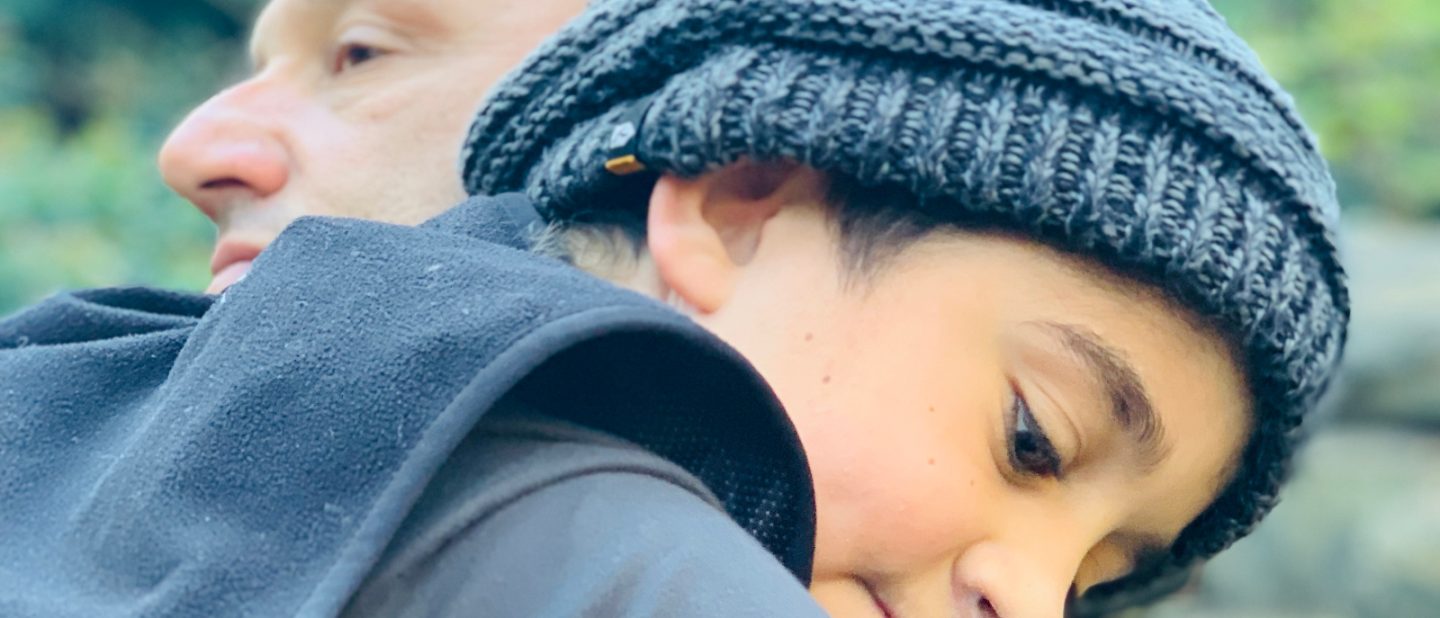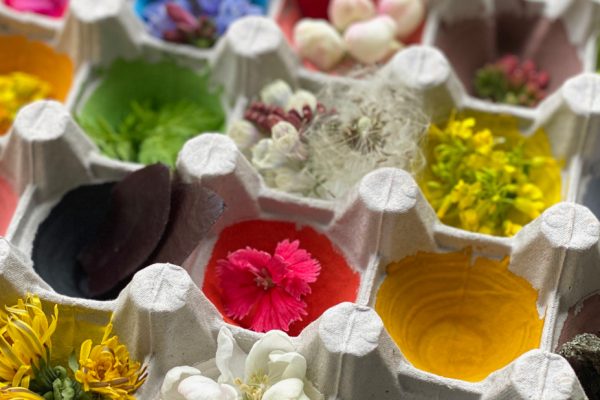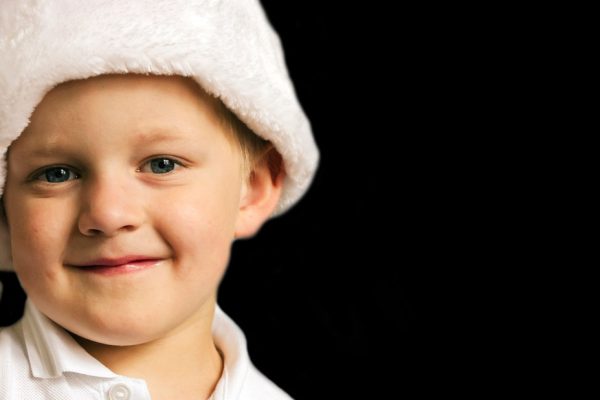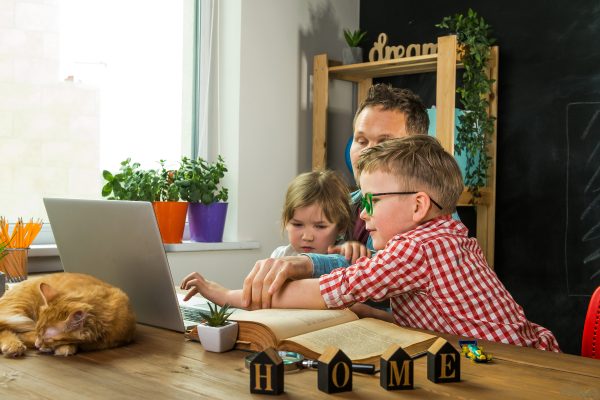
Q&A: Dads & disability
Dan is dad to 2 boys, including Archer who has Coffin Siris syndrome. We sat down to chat about his insights and experiences on raising a child with disability and what he’s learnt so far.
What are some of the biggest challenges you face as a dad of a child with disability, and how do you navigate them?
Parenting is never easy and when Archer was born, our eldest, Luca, was almost one year old. With Archer’s birth, my wife and I immediately realised that the goal posts had shifted. Archer sounded different, the emotion was different, and the medical team behaved in a totally different manner. Not everyone embraces change and unfortunately, I am one of those people. For me, the biggest challenge was being able to adapt. Adapt to a new norm. Now, when I mention adapting, I’m not only referring to the challenges that present with navigating a disability, but also those associated with tempering my own expectations and adjusting my own parenting style. To this day, I navigate this by trying to remain rational, reasonable and possessing patience. I’m still a work in progress!
How do you balance the needs of your child with a disability with the needs of your other children?
As parents, this is the $10,000 question. Wherever possible, we try to incorporate both boys into each other’s lives and participate in activities as a family. For example, although he doesn’t partake in the actual games, Archer is a part of Luca’s footy team, attending games and joining in the team song. And Luca is more than happy to participate in his brother’s various therapies and assist with both the physical and mental challenges they entail.
A highlight of Archer’s social calendar are frequent camps either with “Flying Fox” or “People Outdoors”. These occasions give Luca the chance to throw himself into whatever his heart desires and experiences that may otherwise be difficult to organise when Archer is around. Both boys have been on camp together which was a great experience for them. This also offered respite to my wife and me – something that can’t be understated!
How do you prioritise and maintain your own well-being and emotional health while caring for your child?
As I get older, I realise that this is a massive priority. When Archer was born I found myself somewhat overwhelmed and obsessed with the need to navigate a totally foreign landscape. We were starting from scratch and my overall well-being was not a priority. As a result, my physical health deteriorated, my mental health suffered, my social life diminished and the consequences were detrimental to my marriage. I won’t say that I had an epiphany, but over the journey I realised that change was needed. So, I visited my local GP and sought help from a mental health practitioner. I have now reduced my drinking, become more physically active, practice mindfulness and frequently catch up with friends for dinner.
How do you prepare your child for independence and adulthood?
I anticipate that Archer will remain with me for the rest of my life, nonetheless we continue to nurture his independence in a variety of ways. Where possible, Archer is treated no differently to his brother and assigned tasks commensurate with his capabilities. This includes day to day duties such as setting the table, making snacks, folding the clothes and tidying up after himself. Personal hygiene is also a major focus and is incorporated into most facets of our daily routine. Archer is very literal and finds it difficult to conceptualise things (such as the value of the dollar or ability to identify hazards) – there is still so much to learn, but our ultimate aim is to arm him with the requisite skills required to navigate some of life’s most basic
functions.
What are your biggest fears for your child and how do you manage those feelings?
No doubt my biggest fear relates to Archer’s mortality. Archer has Coffin- Siris Syndrome which is a rare genetic syndrome and is inherently linked to a great deal of medical uncertainty. My other fear is Archer being endangered or exploited due to this syndrome. To manage this, I do what I can to ensure that Archer is always in a safe and secure environment. To placate the emotions attached to this, I have learned to utilise the aforementioned coping mechanisms; the assistance of mental health practitioners, the semblance of an exercise regime, less alcohol, the utilisation of carers and support networks (which affords me time to reflect and reset) and more positive social interaction.
What advice would you give to other dads who are new to parenting a child with disability?
Confucius said, “the green reed which bends in the wind is stronger than the mighty oak which breaks in a storm”. Stormy times may be ahead. Be the reed and adapt every aspect of your life to whatever situation presents. Be flexible whenever possible, as things don’t always go to plan.
What are some of the most rewarding moments you’ve experienced as a dad?
For me, the most rewarding moment is the present moment and the journey that got me and my family to where we are today. Both my children are amazing young humans that possess an innate ability to enrich not only my life, but the lives of the people they encounter. Regardless of abilities, this is what I always hoped to achieve as a father. So long as my boys continue to make the world a better place by contributing to the community in a positive manner, my work is done.
What resources and support have been most helpful to you in your journey as a dad of a child with disability?
Despite its flaws, we are blessed to live in a country that has a NDIS designed to assist those who may not necessarily be able to support themselves. Any support is good support and the introduction of the NDIS has afforded Archer access to services and opportunities that he otherwise may not have received. Finding and maintaining access to the most appropriate and well-suited disability support workers has proven to be a Godsend. I now view them as an extension of my own family and they are just as invested in Archer’s future as we are.






